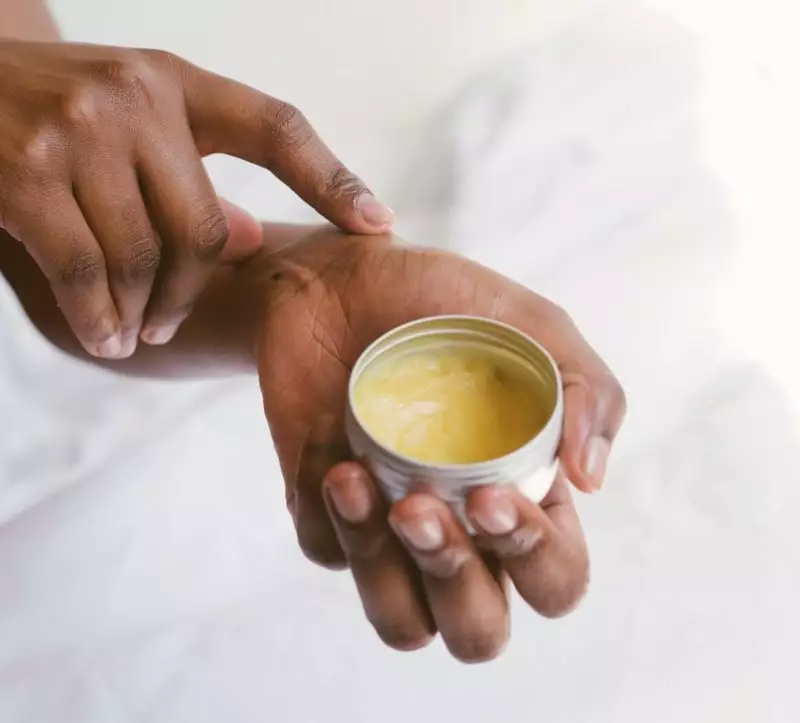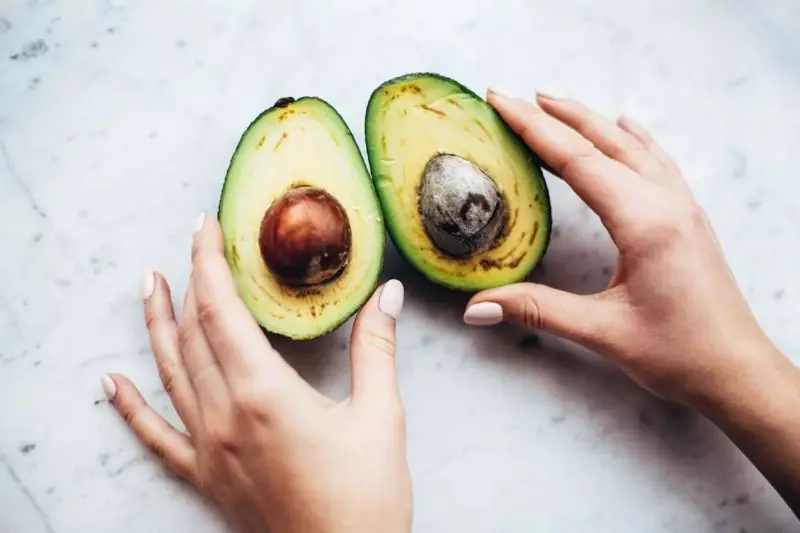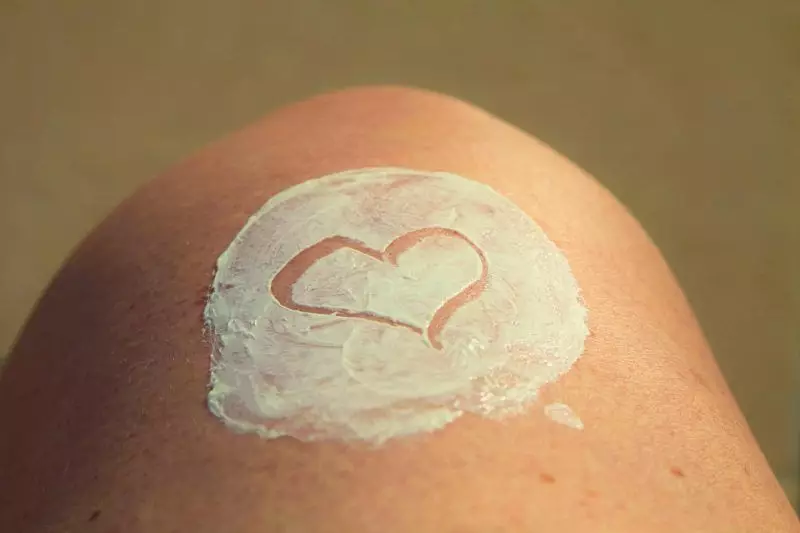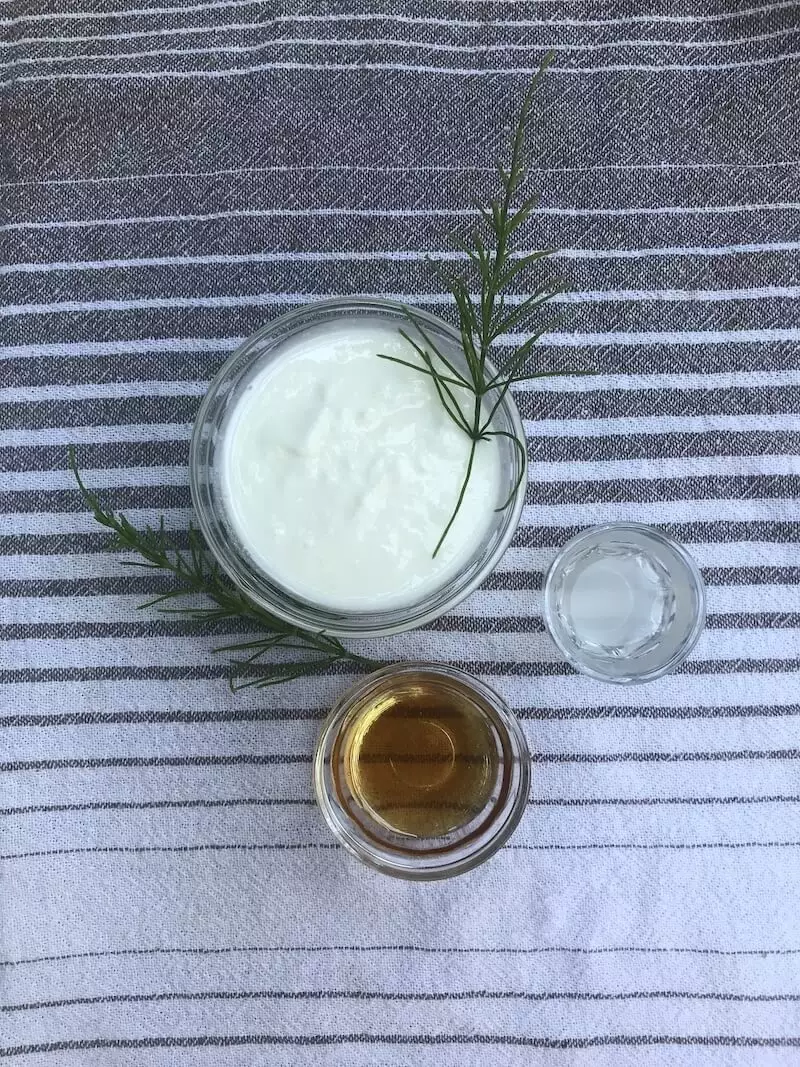
We all want healthy, toned, glowing skin without any acne, dry patches, flaky areas, clogged pores, or red spots.
But taking care of your skin’s health doesn’t only include a suitable skincare routine with effective cosmetic ingredients and products. It is also important to support your skin from inside!
Eating enough vitamins, minerals, antioxidants, fatty acids, and other essential dietary compounds is key to support healthy skin cells production and replenishment, balance sebum production, and improve resistance to damaging factors like sun radiation, pollution, stress, and chemicals.
In this article we talk vitamins and minerals! We will guide you through the micronutrients that support skin health and the foods rich in these.
Because we believe that healthy skin starts with diet!
Let’s get started!
According to the 2015 paper published in the Journal of Biomolecules and Therapeutics, copper, zinc, and selenium, along with vitamins A, C, D and E play exceptionally important roles in supporting and improving skin health. [1]

Copper
The effect of copper consumption on skin is associated with improved wound healing and anti aging properties. It interacts with a human tripeptide called GHK to fight inflammation, improve skin regeneration, and support proper circulation. [2]
Copper-rich foods include [3] :
- Shellfish
- Nuts
- Seeds
- Organ meats
- Wheat bran
- Whole grains
Selenium
Evidence suggests that dietary selenium is important for skin health, as it may protect the skin from UV damage, oxidative stress, and uneven pigmentation. [4] Besides, the sufficient intake of the mineral may improve psoriasis symptoms and decrease the risk of skin cancer and blistering. [1]
Foods high in selenium include [5] :
- Meat
- Poultry
- Fish and seafood
- Eggs
- Brazil nuts

Zinc
According to a 2018 paper published in the Nutrients Journal, skin symptoms of zinc deficiency may include necrolytic migratory erythema (spreading red blistering rash), skin inflammation, atopic dermatitis, and epidermolysis bullosa (skin blistering.) [6]
Furthermore, consuming enough zinc may not only improve the symptoms of these skin conditions, but also protect the skin from UV damage and prevent bacterial infections. [1]
Foods rich in zinc are [7]:
- Seafood
- Lean meat
- Poultry
- Nuts and seeds
- Soy products

Vitamin A
There are two forms of vitamin A: retinoids (found in animal foods) and carotenoids (found in plant foods).
The effects of vitamin A on skin are related to improved skin appearance and elasticity, reduced signs of aging (wrinkles, fine lines, pigmentation), strengthened skin barrier, and reduced transepidermal water loss. Besides, sufficient consumption of vitamin A may improve psoriasis, acne, and atopic dermatitis symptoms, as well as prevent UV skin damage and dry itchy skin. [1]
Foods rich in vitamin A include [8] :
- Beef liver
- Whole milk and cheese
- Sweet potato
- Spinach
- Pumpkin
- Herring
Topical Vitamin A (retinoids) have been used since 1971 for treatment of acne, skin aging as well as treatment of certain types of cancers of the skin and psoriasis. Retinoids help promote and hasten skin turnover, evening out skin tone, dyspigmentation and non invasively smooth fine lines and wrinkles overtime.
Types of topical Vitamin A
There are various ‘flavors’ of topical retinoids including tretinoin, tazarotene (Tazorac) and adapalene.
Side effects of Vitamin A
Despite the benefit of retinoids, everyday use is limited by skin irritation, peeling, drying and burning. Some tricks of the trade to help with tolerating retinoids include—shorter contact time (applying at dinner and washing off at bedtime), mixing with a nighttime moisturizer and starting 1-2 nights weekly and increasing to nightly as tolerated.
Vitamin C
Evidence suggests that aging and photodamaged skin may have lower vitamin C levels compared to healthy skin. [9]
The following foods are abundant in vitamin C [10] :
- Citrus fruits
- Peppers
- Berries
- Broccoli
- Brussels sprouts
- Potatoes
Vitamin C is a powerful antioxidant that is quintessential in one’s skin care regimen as it prevents sun damage, increases collagen production, brightens the skin and most importantly, improves skin tone. The key to choosing a Vitamin C serum is to look for serums that contain L-ascorbic acid, the most active form of Vitamin C. Consumers should be mindful of packaging—an air tight bottle to prevent oxidation by UV light is vital.
How to use Vitamin C topically?
Apply 2-3 drops of the serum on the forehead, cheeks and chin and gently rub the serum on the face every morning.

Vitamin D
According to a 2019 review paper published in the Actas Dermo-Sifiliográficas (English Edition), vitamin D plays an important role in supporting skin health, as it is not only synthetized by the skin itself, but is also supplied with foods and dietary supplements. [11]
The source suggests that sufficient intake of vitamin D may be favorable for patients with the following skin conditions:
- Ichthyosis (dry, scaly, thickened skin areas)
- Atopic dermatitis (eczema)
- Acne
- Hidradenitis suppurativa (chronic inflammatory skin disease)
- Vitiligo (disease characterized with uneven skin pigmentation)
Keep in mind that more research is still needed to fully support these claims. If you are diagnosed with any of the conditions mentioned above, consult your dermatologist, who will provide you with a more complex, tailored, and effective treatment plan.
Furthermore, vitamin D may positively impact skin by reducing inflammation, as well as supporting skin replenishment and wound healing. [1]
Some foods rich in vitamin D include [11] :
- Fish oil
- Fish and seafood
- Fortified products
- Eggs
- Cheese
Will using sunscreen decrease my Vitamin D absorption? Well, not significantly. Remember you can also get Vitamin D supplementation through food and vitamins. If you are Vitamin D deficient speak with your primary care physician and dermatologist to discuss ways you can increase your Vitamin D level.

Vitamin E
While topical vitamin E application may cause skin irritation and contact dermatitis, the consumption of this vitamin is essential for skin health. [12]
Evidence suggests that vitamin E may positively affect healthy skin by improving its photoprotection, reducing inflammation and free radicals damage, supporting wound healing, and preventing premature skin aging. [13] Furthermore, vitamin E deficiency may be associated with predisposition to skin ulcers and aging symptoms.
Foods abundant in vitamin E include [14] :
- Vegetable oils
- Nuts and seeds
- Leafy greens
- Fortified foods
What else to consider?
Sticking to a balanced and diverse diet, rich in vegetables, fruits, whole grains, and healthy fats is essential for skin health. By making wise dietary choices you can supply your body with enough nutrients for skin support.
However, if you consider supplementing with any nutrient for dermatological reasons, it is essential to consult your dermatologist for a suitable dosing and supplementation plan. This way, you can prevent toxicity and adverse symptoms related to supplementation. In RawBeautySource we stand against self-guided supplementing.








